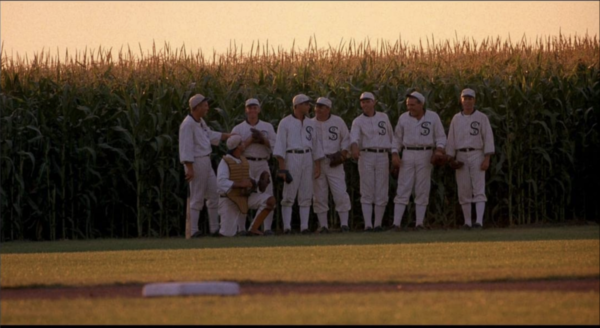Clutch baseball players are able to focus in the moment. They do this by understanding the things they can control, which is simply the ball and the situation at hand. Clutch hitters understand that they can only control two things: getting a good pitch and taking a good swing. Clutch pitchers believe in the pitch they decide to throw and keep the same rhythm that they have had success with in the past. Clutch fielders perform the routine fundamentals, as if they were doing it in their back yard. With this mindset, players actually “slow the game down,’ as the saying goes.
Additionally, players, who often come through under pressure more often than not, believe that they are the “right player,” at the right time and place, in that particular game. Clutch players do not over-swing, try to throw too hard or attempt something they have not done before, but simply slow the game down by staying within themselves, with a relaxed focus.
Coaches can help players become more clutch with the following tips:
Coaches should:
- Put players in known clutch situations in practice. “Two outs, bases loaded, game on the line,” is the famous practice line, which can apply to batting, pitching, or fielding practice. This practice develops the sense of having “been there before,” when players are confronted with this situation in a real game.
- Not over-coach by making more of a situation than it is, by becoming more animated than in normal game situations or by telling players what to do as the play is happening. Coaches, who remain calm, helps players remain calm. Overloading players with distracting instructional tips, especially during intense game situations, is never good coaching.
- In practice, explain to players that no one will remember for very long if they do not come through in the game but everyone will remember, for a long time, if they come through. With this advice, players feel like they do not have much to lose, which eases the pressure.
- Tell players that you believe in them and that they are the right player for this game situation.
- Never show above normal disappointment in front of team or players when they do not come through, so that players will not shy away from wanting to be up in future, clutch situations.
- Remind players that they will be better prepared the next time, after having been through the situation, win or lose.
Finally, coaches who can bring a little humor to an intense situation may relax players into performing better.











